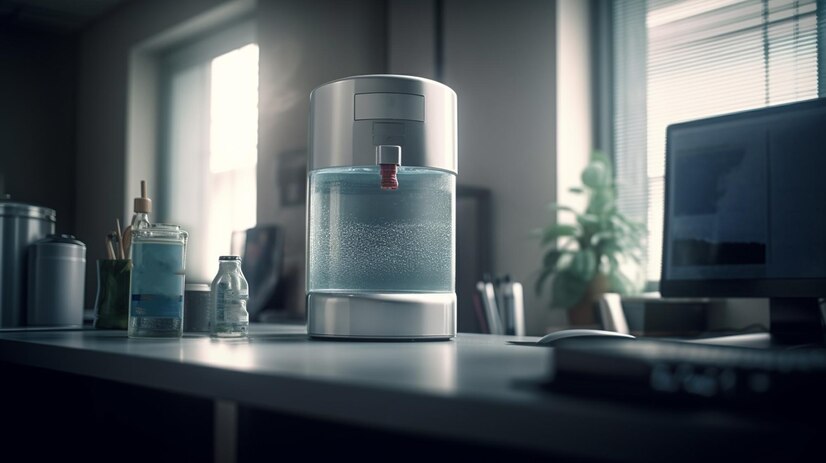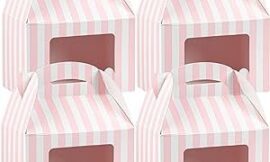Singapore’s tap water meets high safety standards. It flows cleanly from the tap, treated and tested. But not every home or office feels the same about drinking straight from the tap. Some worry about taste, others about pipes, or want extra peace of mind. This is where water filtration Singapore options come in.
So, how do you know if you need a filtration system at all? This guide breaks it down. It covers five signs that show your space might benefit from added filtration.
What Does a Water Filtration System Do?
A filtration system traps unwanted elements in water. These may include:
- Sediment (rust, dirt, sand)
- Chlorine
- Heavy metals
- Bacteria
- Odours
Some systems use activated carbon. Others rely on reverse osmosis or UV light. Each method removes different things from water. Some filters also balance pH levels or soften hard water. The right system depends on what’s in your water and what you want to remove. Always check the filter type and change it on time to keep the water clean and safe.
Sign 1: Your Water Tastes or Smells Strange
- You pour a glass of water. It smells like chlorine—or worse, metal. This could come from treatment chemicals or old pipes.
- While not always harmful, these smells and tastes affect your comfort. If your water doesn’t taste right, you likely won’t drink enough. That lowers hydration and affects health.
- A basic filtration system improves taste. It removes odours and gives your water a fresh, clean finish.
Sign 2: You See White or Brown Build-Up on Appliances
- Boil water in a kettle and see chalky spots. Notice reddish stains on taps? These signs point to minerals or rust in your water.
- Hard water contains minerals like calcium. Over time, it clogs appliances, shortens their life, and ruins the finish.
- Filtration helps control this. It reduces mineral content, protects machines, and keeps fixtures looking sharp.
Sign 3: You or Your Family Have Sensitive Skin
- Some people react to chlorine or other water additives. This shows up as dry skin, flaking, or itch after showers.
- Children and those with eczema feel this most. While not always dangerous, poor water quality can make symptoms worse.
- A home filtration system reduces these risks. It helps make showers gentler and daily use more pleasant.
Sign 4: You Rely on Bottled Water
- If your household buys bottled water weekly, it might be time to rethink. Carrying bottles, storing them, and tossing plastic piles up fast.
- A filter offers steady access to clean water. You save space, time, and reduce waste. Over time, this shift benefits both your routine and the environment.
Sign 5: You Manage a Shared Space Like an Office
- In busy workspaces, clean drinking water is essential. A filter supports staff well-being and improves convenience.
- Pairing filtration with a hot and cold water dispenser for office use creates a complete setup. People fill bottles, make drinks, or wash their hands—all with less concern about quality.
- Filtered water supports daily office health in simple, quiet ways.
Common Concerns That Point to Filtration Needs
Below is a quick guide showing what signs mean and how filtration helps:
| Sign | What It Suggests | How Filtration Helps |
| Odd taste or smell | Chlorine or pipe residue | Improves flavour, removes odour |
| Stains or white residue | Hard water or old pipes | Traps minerals, extends lifespan |
| Skin reactions or dryness | Chemical sensitivity | Makes water gentler |
| Frequent bottled water use | Low tap water trust | Reduces plastic, offers clean tap use |
| Shared office water point | Staff health focus | Clean water for daily needs |
What Types of Filtration Systems Exist?
Not all systems work the same way. You can choose one based on your space and goals.
1. Under-Sink Filters
- These sit beneath the tap. Water flows through them before reaching your glass. Best for kitchens or food prep zones.
2. Whole-House Filters
- Installed at entry points. These clean all water flowing into your home—for showers, toilets, and laundry.
3. Countertop or Jug Filters
- Small and easy to move. Good for renters or smaller households.
4. Filtered Water Dispensers
- Often used in offices. They offer hot and cold water from a central unit. Great for tea, coffee, or just a quick refill.
Comparing Filtration Types by Use
This table helps match your needs with system types.
| Filter Type | Covers | Best For | Notes |
| Under-sink | One tap | Cooking, drinking | Neat and space-saving |
| Whole-house | All home points | Full water control | Needs installation access |
| Jug/counter filters | Small volume | Renters, travel, small homes | Easy to use, lower capacity |
| Dispensers | Drinking points | Offices or shared kitchens | Combine with hot/cold features |
How Does Tap Water Get Treated in Singapore?
Singapore’s water comes from four sources—rain, imported supply, recycled NEWater, and desalinated seawater.
PUB treats all water before it reaches taps. The process involves filtration, UV light, and chemical balance. It’s safe. Still, taste and delivery vary by estate, age of pipes, or tank conditions in older buildings.
Even safe water can pick up impurities after treatment. That’s where filters help.
Signs You Don’t Need a Filter Right Now
Not every home needs a filter. You may not need one if:
- Your water tastes clean
- You won’t spot build-up in kettles or taps
- No skin issues occur after showering
- You don’t rely on bottled water
- Your building has new plumbing
If unsure, start small. Try a jug filter first. See if it changes how you drink or feel about your tap water.
Tips to Keep Water Clean Without a Filter
Even without systems, you can follow habits to enjoy clean water:
- Clean your kettle or water jug weekly
- Let cold water run a few seconds before filling
- Avoid storing water in reused plastic bottles
- Rinse taps and spouts often
- Cover open jugs or containers to avoid dust
These simple acts go far in keeping water safe and fresh.
Thinking Long-Term: Water and Environment
Choosing filtered tap water over bottled options reduces waste. Every plastic bottle you skip saves resources.
It also lowers fuel use linked to transport, packing, and recycling. When more homes or offices filter at the source, we all gain from less waste.
Final Thoughts: Trust Your Senses and Habits
You don’t need complex tests to know if you want better water. Trust your senses. Taste. Smell. Skin feel. And observe your home habits.
If water leaves a bad impression—visibly or physically—a filter might help. From homes to shared workspaces, clean water matters daily.
Water filtration Singapore options now fit easily into modern spaces. A filtration system slides in quietly. It clears out doubts and gives you full confidence in every sip, splash, or rinse.
So if you’ve noticed any of these five signs, it may be time to rethink what flows from your tap—and what flows into your life with it.



